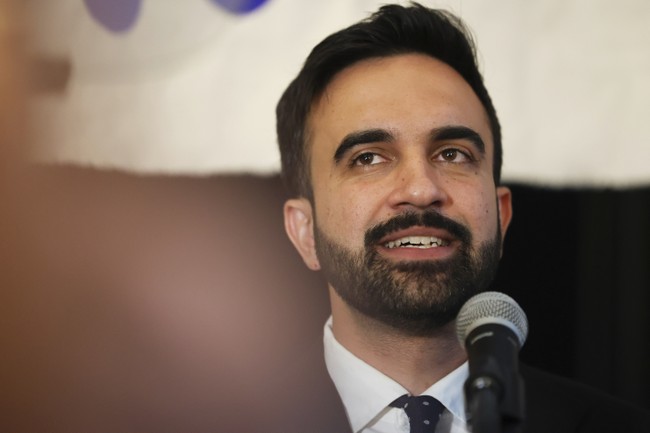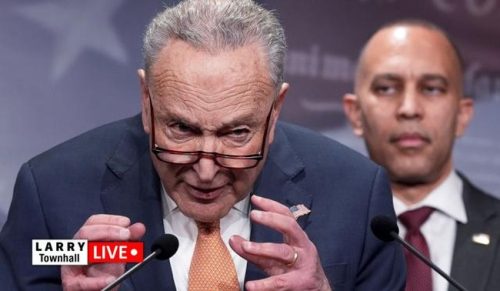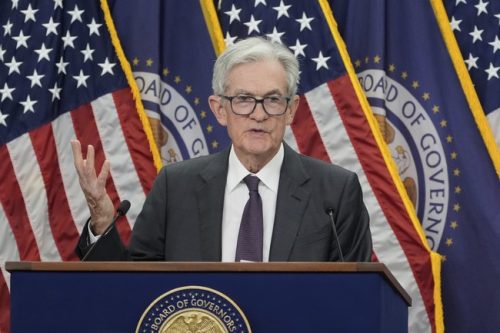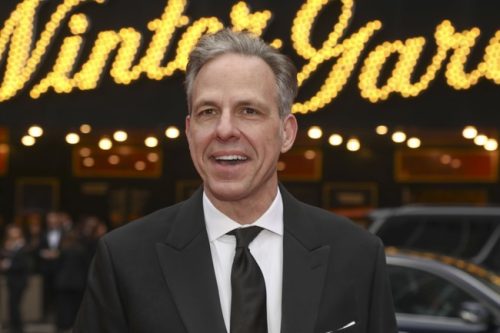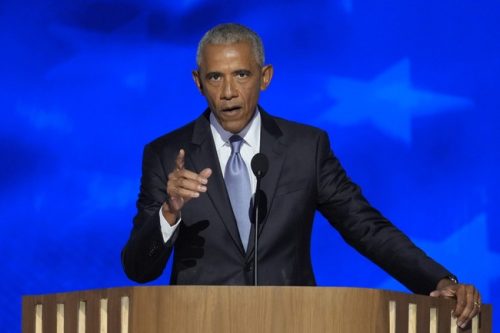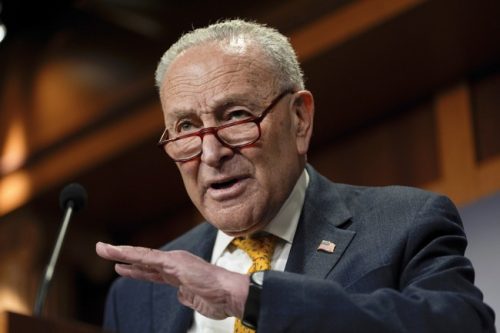Zohran Mamdani’s public display of emotion over alleged “Islamophobia” is getting treated as sincere, but this piece argues it’s political theater. I’ll explain what a phobia really is, why the term has been weaponized, why Mamdani’s tears ring hollow to some voters, and why his associations raise legitimate questions about his judgment. The aim is to separate genuine prejudice from political rhetoric and to flag consequences for New Yorkers if ideology trumps scrutiny.
A “phobia” is defined as an “extreme or irrational fear of or aversion to something.” The critical words there are extreme and irrational, and not every discomfort or disagreement qualifies as a clinical condition. Applying that label to people who question ideology or associations is a political move, not a medical diagnosis.
I live with arachnophobia, and I behave predictably around spiders; that’s what having a phobia looks like in real life. Agoraphobia, likewise, is a serious mental health issue tied to panic and avoidance of public spaces, and it needs treatment and respect. Those concrete examples make it clear that “phobia” has a precise meaning that gets blurred when used as a smear.
The Left has leaned on clinical-sounding language to stigmatize dissent for political gain, turning psychological terms into tools for shaming. When opponents are labeled as mentally unwell, it’s easier to dismiss their critiques rather than address the substance behind them. That tactic is visible again in Mamdani’s charging of “Islamophobia” against critics who point to worrying ties.
The crocodile tears are the *chef’s kiss* on this, too. Public emotion can be sincere, but in politics it can also be carefully staged to deflect scrutiny and to set up a moral high ground. Voters deserve to know whether a candidate’s feelings are masking choices that would matter for governing.
Zohran tries to force a tear as he speaks out on being a victim of "Islamophobia" pic.twitter.com/7tnAdsCo9b
— End Wokeness (@EndWokeness) October 24, 2025
Zohran Mamdani, the Democratic nominee for New York City mayor, stood outside a mosque Friday and slammed independent candidate Andrew Cuomo for laughing at the suggestion Mamdani would cheer a terror attack. … Flanked by a crowd that included women wearing hijabs, Mamdani teared up as he talked about family members facing anti-Muslim prejudice growing up in the aftermath of the 9/11 terrorist attacks.
Mamdani is hardly a victim; he is a wealthy son of Ugandan parents and an avowed Democratic Socialist seeking to run a city that needs competent management. He points fingers at critics instead of answering why he associates with figures who make mainstream Americans uneasy. That avoidance fuels reasonable questions about his priorities.
Nearly 3,000 New Yorkers stopped using the subway on 9/11/2001, a historical fact tied to terrorism’s impact on the city’s psyche and infrastructure. It’s fair for voters to ask how a mayoral candidate would protect public safety and whether his allies reflect values that align with New Yorkers’ security. Those are policy and character questions, not pathology.
Critics have highlighted Mamdani’s ties to controversial figures, including Imam Siraj Wahhaj, an alleged unindicted co-conspirator in the 1993 World Trade Center Bombing, and other overseas politicians with extreme social views. Wahhaj has also been quoted as calling homosexuality a “disease of society.” Those associations matter because who a candidate surrounds himself with indicates judgment and intent.
Globally, radical Islamist ideology has produced real human-rights crises: Christians slaughtered in parts of Africa, grooming scandals and rising sexual violence in the U.K., and terror attacks that target religious minorities and public gatherings. These are facts voters can and should consider when assessing candidates who prominently court Islamist figures.
Afghanistan’s treatment of women and girls—denied education, barred from public participation, and restricted in basic freedoms—is an affront to human dignity and a stark example of what happens when illiberal religious doctrine gains political control. It’s not irrational to fear the importation or tolerance of those practices in Western cities. Concern about rights and safety is rational, not a pathology.
Local disputes like the Dearborn incident, where a mayoral figure reportedly told a resident, “You’re an Islamophobe. And although you live here, I want you to know as mayor you are not welcome here. The day you move out of the city will be the day I launch a parade celebrating the fact that you moved out of the city,” show how the term is deployed to silence civic disagreement. People who value free speech and civic belonging should see that as troubling.
Labeling critics as “phobics” avoids engagement and weaponizes emotion to shut down debate. New Yorkers have a right to ask whether Mamdani would prioritize the safety and equal treatment of Jews, women, and gays in the city he hopes to run. Those are practical considerations about governance and rights, not clinical judgments about fear.

